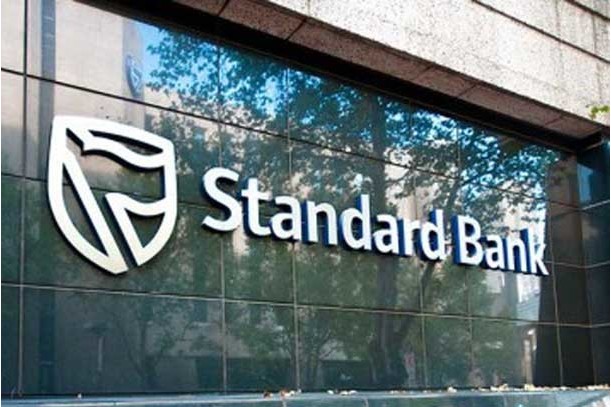Latest News
IFC invests $200 million in Standard Bank’s green bond

News Highlight
The transaction is Africa’s largest green bond issuance and will increase access to climate finance.
The Standard Bank of South Africa Limited, the largest African bank by assets, has raised $200 million from a green bond, which it listed on the London Stock Exchange on Monday. The green bond proceeds were provided by the International Finance Corporation (IFC), a member of the World Bank Group, via private placement.
According to a statement issued yesterday by the IFC, the transaction is Africa’s largest green bond and South Africa’s first offshore green bond issuance, which will increase access to climate finance. Green bonds, also known as climate bonds, are an asset class used for investment in renewable energy, energy efficiency, and other climate-friendly projects.
Projects funded by proceeds from Standard Bank’s green bond, according to IFC, have the potential to reduce greenhouse gas emissions (GHGs), which cause climate change, by 742,000 tons per year, or nearly 3.7 million tons over a five-year period.
“This bond is a landmark placement for South Africa and will contribute to financing South Africa’s green economy,” said Adamou Labara, IFC’s Country Manager for South Africa. “We hope it will catalyze interest in green investments from other actors in the country.”
IFC also said commercial banks currently provide 45 per cent of South Africa’s financing for renewable energy and energy-efficient projects. The country’s climate-smart investment potential, between now and 2030, is estimated at $588 billion.
Commenting on the transaction, Nigel Beck, Standard Bank’s executive head of Sustainable Finance, said: “When it comes to financing, clients should be considering green, social and sustainable products as investors increasingly shift their mandates to sustainable businesses.”
The 10-year green bond facility is said to be compliant with the International Green Bond Principles.
Related News
Latest Blogs
- The Museum of West African Art saga
- The complexity and complication of Nigeria’s insecurity
- Between bold is wise and wise is bold
- Prospects of port community system in Nigeria’s maritime sector
- Constitutionalism must anchor discipline in Nigerian Armed Forces
Most Popular News
- NDIC pledges support towards financial system stability
- Artificial intelligence can help to reduce youth unemployment in Africa – ...
- Green economy to surpass $7 trillion in annual value by 2030 – WEF
- ChatGPT is now the most-downloaded app – report
- Africa needs €240 billion in factoring volumes for SME-led transformation
- CBN licences 82 bureaux de change under revised guidelines






